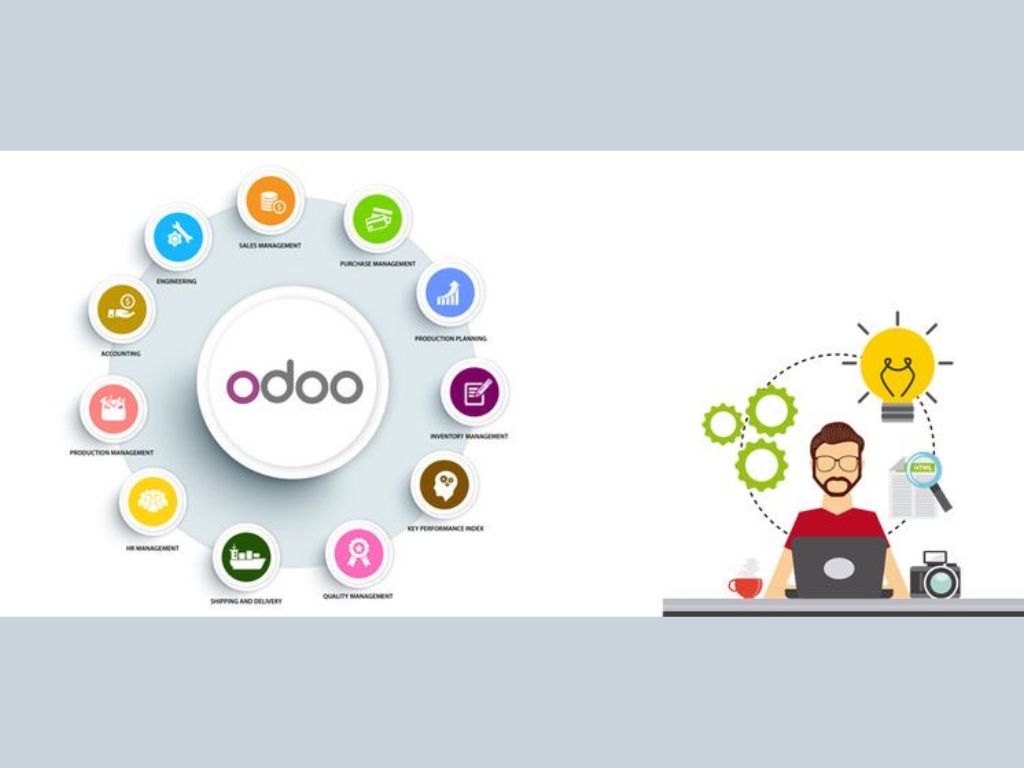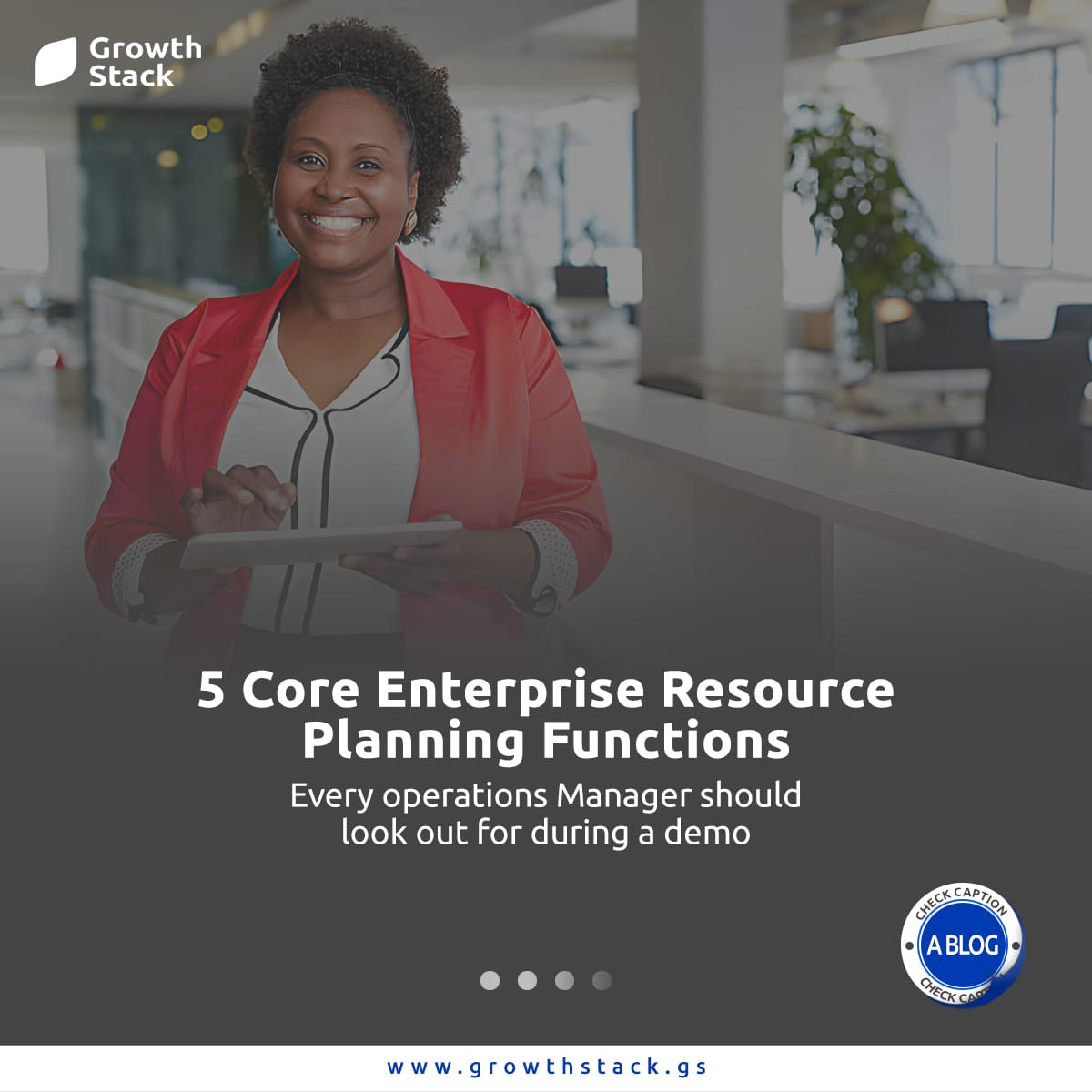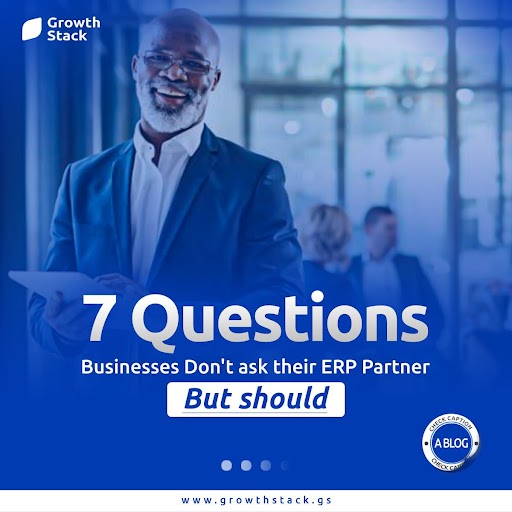Choosing the Right Deployment Model for Your Business
The decision between cloud-based and on-premises Enterprise Resource Planning (ERP) solutions becomes more crucial as firms embrace digital transformation. The operations, scalability, and cost-effectiveness of an organization can be dramatically impacted by the advantages and considerations that each deployment model offers. This article will examine the essential elements to take into account when deciding between cloud-based and on-premises ERP systems, assisting you in making a decision that is in line with your company’s needs and goals.
Infrastructure and cost:
are two important factors to take into account while assessing deployment models. A subscription-based pricing model is usually used by cloud-based ERP solutions, which eliminates the need for initial hardware and infrastructure investments. On-premises ERP, on the other hand, necessitates the acquisition and upkeep of hardware, server infrastructure, and related IT resources. Analyze your financial resources and long-term cost forecasts to decide which model best fits your situation.
Scalability and Flexibility:
Scalability in business is essential, particularly for expanding firms. Unmatched scalability provided by cloud-based ERP enables companies to quickly scale resources up or down in response to demand. Without making substantial infrastructure investments, the cloud architecture gives businesses the freedom to grow, add customers, and implement new capabilities. On-site ERP systems, in contrast, demand upfront capacity planning and may incur extra expenditures for hardware changes to accommodate expansion.
Upkeep and Updates:
Cloud-based ERP solutions take care of system upkeep, updates, and security patches, absolving companies of these duties. In order to provide automated upgrades without interfering with corporate operations, vendors frequently make sure that their cloud products are current with the newest features and enhancements. The management of maintenance, upgrades, and security standards for on-premises ERP systems necessitates internal IT teams or outside consultants, which can be time-consuming and demand specialized resources.
Data Security and Control:
When choosing an ERP deployment model, data security is an important factor to take into account. Data encryption, regular backups, and disaster recovery plans are just a few of the strong security features that cloud-based ERP companies heavily invest in. These service providers follow stringent compliance guidelines and go through frequent security audits. On the other hand, since the data is saved and handled internally, on-premises ERP systems give organizations more control over their information. For greater control, organizations with strict requirements for data protection or particular regulatory concerns could opt on-premises implementations.
Collaboration and Accessibility:
Cloud-based ERP solutions provide the benefit of anytime, anywhere access to corporate data. Users can safely access the system from a variety of devices, enabling remote work and promoting communication amongst teams who are spread out geographically. There could be restrictions on remote accessibility for on-premises ERP systems, necessitating additional settings or virtual private networks (VPNs) for remote access. When assessing deployment strategies, take into account the mobility and collaboration requirements of your organization.
Customization and Integration:
For efficient company processes, the ERP system must be able to be customized and integrated with other systems. Numerous pre-built connectors and customization options are frequently offered by cloud-based ERP packages, allowing businesses to adapt the system to their own requirements. On-premises ERP systems provide greater customisation options, but they could also need more development resources and knowledge to implement and maintain.
Uptime and Reliability:
Cloud-based ERP solutions are constructed on a solid foundation with high availability and redundancy. They reduce the chance of system faults or downtime and deliver consistent uptime. The organization’s own infrastructure, which is dependent on on-premises ERP systems, may be vulnerable to outages, hardware malfunctions, or maintenance-related interruptions. Think about how much downtime your company can tolerate and how crucial it is that your systems be available at all times.
Conclusion:
Choosing the best deployment type for your ERP system is a crucial choice that affects the cost-effectiveness, scalability, agility, and security of your company. ERP systems that are hosted in the cloud are flexible, scalable, and require less upkeep.
















